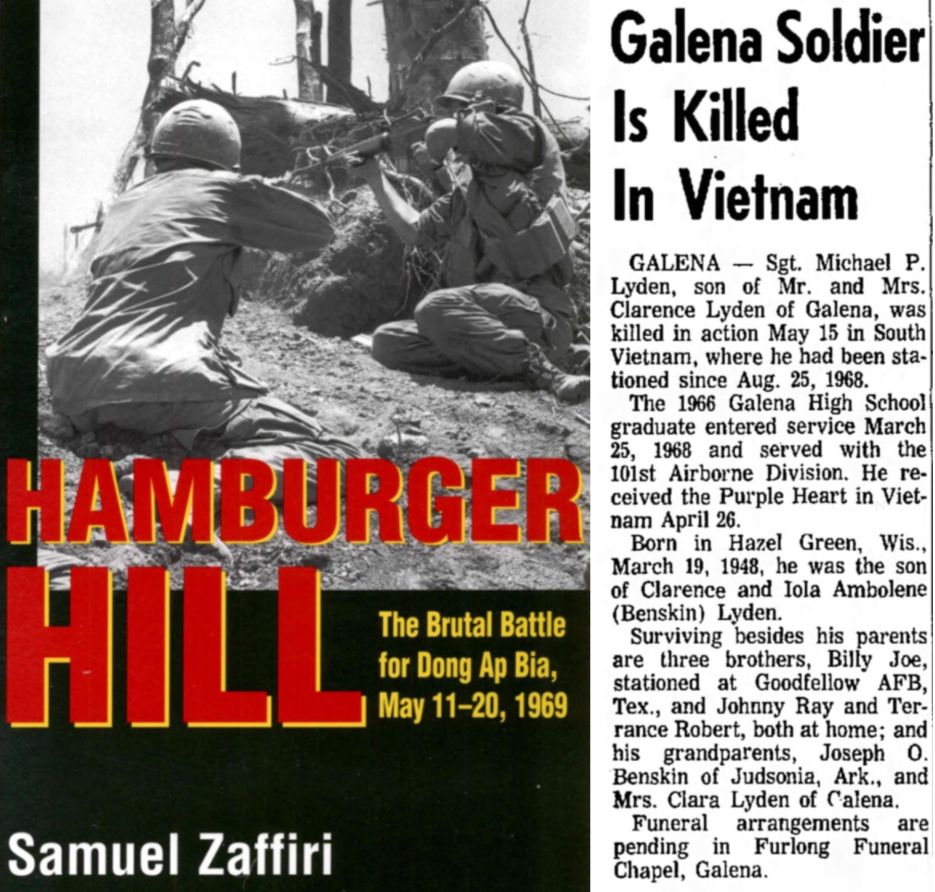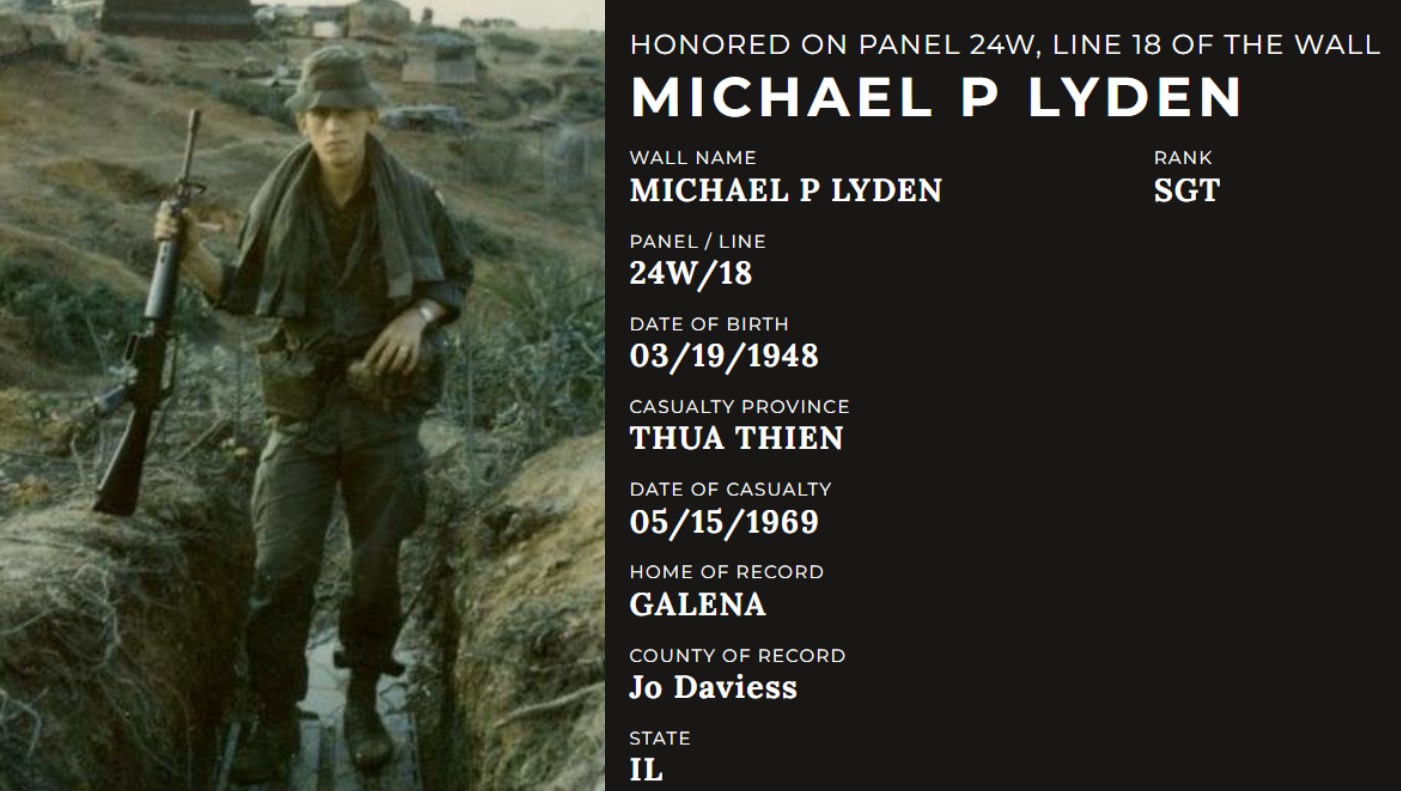David Dean, my workmate from 1988-97, was an American 101st Airborne Vietnam veteran who’d survived carrying his dead friend’s body off Dong Ap Bai (Hamburger Hill) while under enemy fire on 15 May 1969. Fifty years later he was sent to an early grave by a tweet, mine of 6 January 2020. Two days later Dean hired a boat at Lake Hartwell, Georgia and motored across the water for ten minutes. The boat was found empty and adrift the same day with the local sheriff describing Dean’s disappearance as “very suspicious”. He’d spoken to Dean’s family and said they were “saddened but not surprised” at Dean’s apparent suicide. Dean's body was recovered from the lake two days later, on 10 January. This is the text of my 6 January tweet:
“More info on the US sales agent who I believe was a CIA contractor
(same career history as Billy Waugh) coming soon - I believe he set-up
the machine sales for the Al Qaeda front company in Yemen” Link to tweet on X
(same career history as Billy Waugh) coming soon - I believe he set-up
the machine sales for the Al Qaeda front company in Yemen” Link to tweet on X
Dean’s chosen method of suicide was both very public and painful (drowning in cold water). That’s opposed to him doing it at home, in the car or at a motel with an overdose or gun - a self-inflicted death that may not have even made the news. But Dean did make the news and for several days running too - his public and painful demise was deliberate, his final message validating my claims and expressing his remorse. I now feel a duty to tell his story as best I can, to use his final selfless act as I believe he intended it to be used – to expose the Truth about the origin of the 9/11 attacks, near Al Qaidah town in 1997 Yemen.

×
![]()
I think this is David Dean aged nineteen in 1969 Vietnam, next to a 2019 photo of Dean taken for a Czech engineering company's website








